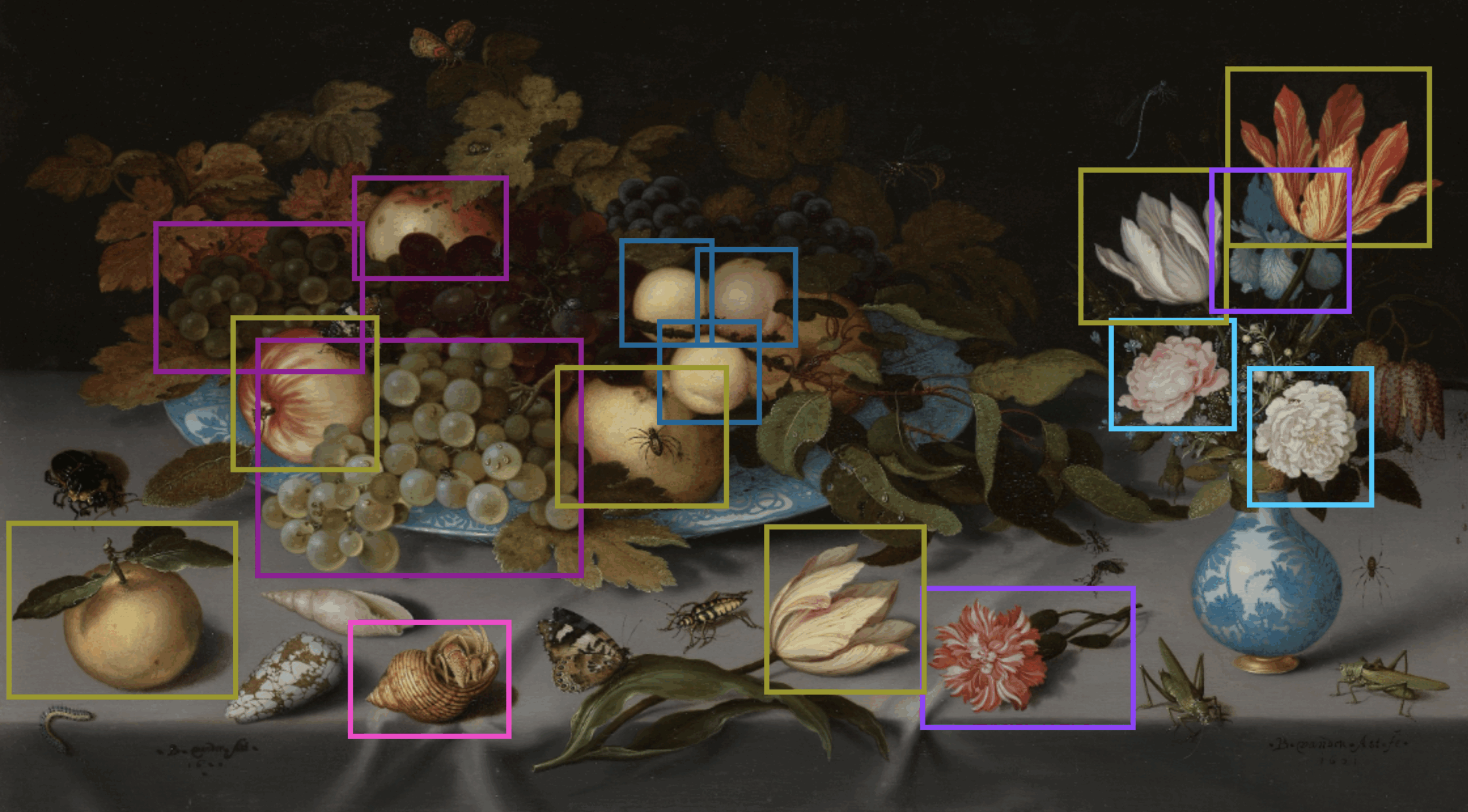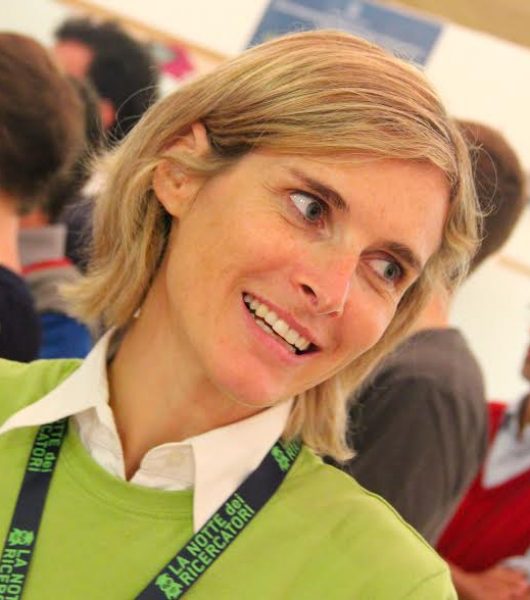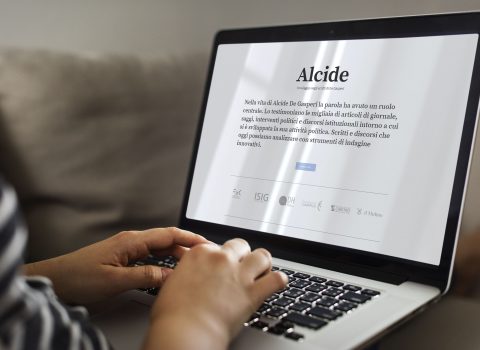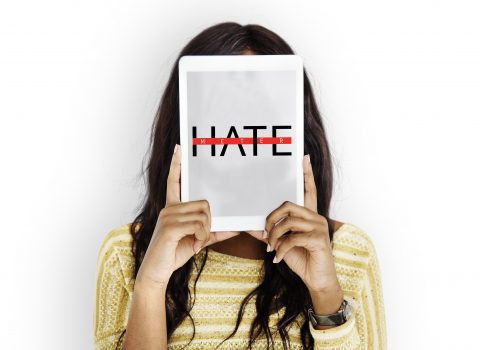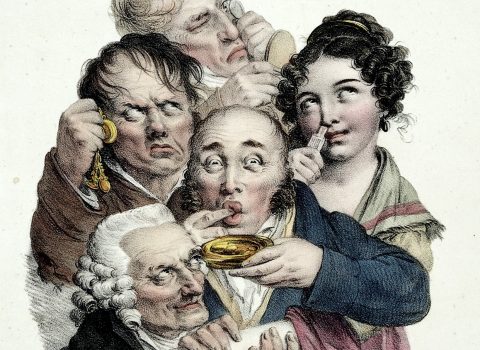
Odeuropa receives the Europa Nostra award for cultural heritage projects
FBK is involved in the project with a team of computational linguistics experts from the Digital Society Centre, led by researcher Sara Tonelli.
The European Commission and Europa Nostra have announced the winners of the 2025 edition of the European Prize for Cultural Heritage / Europa Nostra Awards, co-funded by the European Union’s Creative Europe programme. This year, the most prestigious awards for the enhancement of cultural heritage were given to 30 outstanding projects from 24 countries across the continent.
Among the winners, Odeuropa the first major European research project dedicated to estimating the role of smell and olfactory practices in building cultural identity, collective memory, and enhancing the interpretation of both tangible and intangible heritage. The project’s ambition was to position smells and olfactory experiences as an essential part of heritage, tracing how they evoke emotions, bring history to life, and create multi-sensory connections to the past.
Fondazione Bruno Kessler took part in it, together with other European and international players, through the Digital Society Centre dealing with Integrative Artificial Intelligence, Distributed Intelligence and Socio-Technical Systems, and in particular the Digital Humanities research unit led by Sara Tonelli. In the project, the group developed artificial intelligence techniques based on deep learning, with the aim of understanding the evolution of sensory language, and the emotions associated with it.
Coordinated by the Humanities Cluster of the Royal Netherlands Academy of Arts and Sciences (KNAW), and involving 35 researchers from six countries (France, Germany, Italy, the Netherlands, Slovenia and the UK), Odeuropa brought together expertise in history, heritage science, computer vision, semantic web, computational linguistics, museology, and digital humanities. Funded by the Horizon 2020 programme of the European Union (€2.8 million) and carried out between 2021 and 2023, the project developed standards, resources, and practical methods for museums and researchers to identify, document, and present smell in heritage contexts.
A core innovation of the project was the use of artificial intelligence (AI) to identify and analyse smell-related references in more than 43,000 historical images and 167,000 books, across six European languages and four centuries (from the period 1600-1920). This resulted in the European Olfactory Knowledge Graph with 2.5 million smell experiences, which now supports research in literature, food history, health, and community engagement. The project’s methodology included identifying olfactory motifs in visual art, as well as language and practice, making it possible for institutions to bring smell into their interpretation of existing museum collections.
The developed key digital resources include the Odeuropa Smell Explorer, the first database to search heritage by smell; the Encyclopedia of Smell History and Heritage; and an Olfactory Storytelling Toolkit for museum professionals – developed with perfumers and heritage science experts to enable the presentation of historical scents in museum exhibitions. Best-practice guidelines, recommendations, and multilingual resources support the implementation of the project’s results at every stage, from research to education and public programming.
Odeuropa’s results and impact have been far-reaching, with practical applications adopted by museums and heritage sites across Europe and beyond. The project held a Smell Culture Fair in 2023 in Amsterdam, an international event uniting museums, perfumers, artists, scientists, and the public to explore multisensory storytelling. Smell-based storytelling inspired new exhibitions and learning tools, and policy guidance, and was featured at the EU Pavilion at Expo 2025 in Osaka, Japan. The project’s educational impact also included the training of more than 760 students and engagement with diverse communities – gathering ‘nose knowledge’ and local perspectives.
The AI and digital resources developed by the project remain available for researchers, museums, and policy-makers, supporting new collaborations and practical applications.
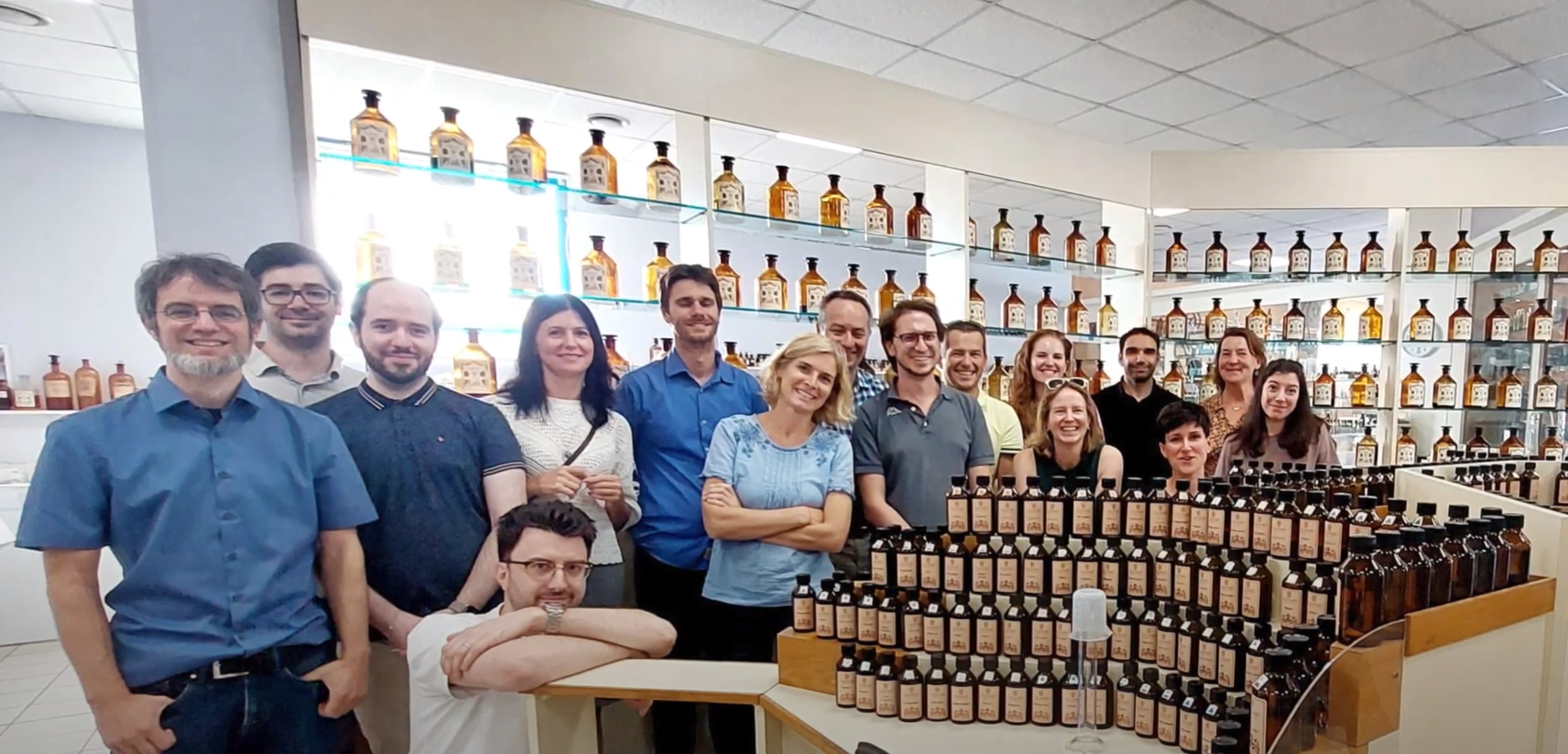
“Odeuropa’s multidisciplinary research into the new field of olfactory heritage fills a gap in scientific knowledge and standards and creates new tools and data to support future research into historical scent and heritage,” stated the Awards’ Jury.
“The project’s educational initiatives, including a PhD course and strong dissemination strategies, effectively support the integration of scent into museum practice,” added the Jury.
Summary for the publication
Odeuropa explored the significance of smell in European heritage from the period 1600-1920. Using AI, historical sources and collaborative tools, this EU-funded research project developed new methods, vocabularies, and training resources – placing scent-based heritage firmly on the cultural map and opening new avenues for interpretation, research, and experience.
